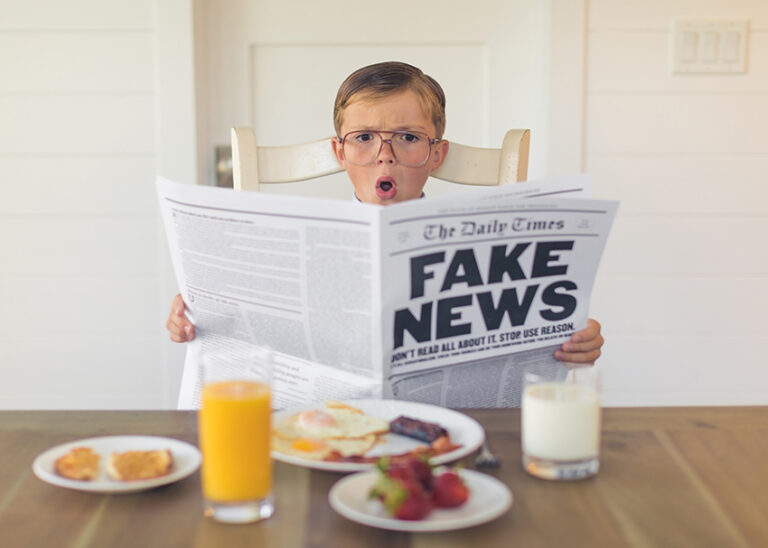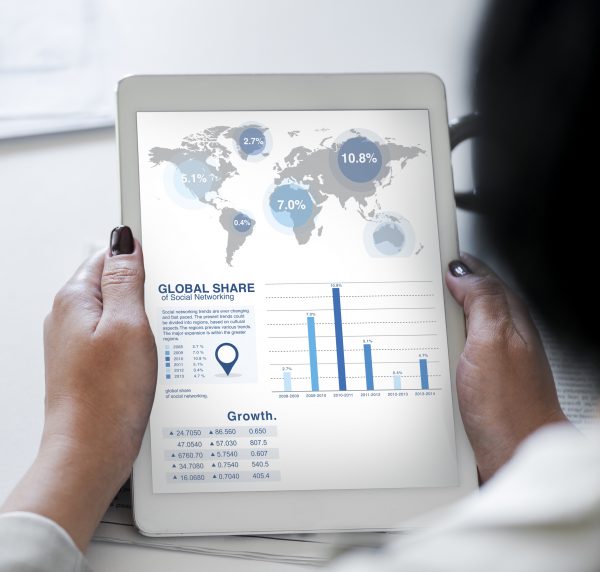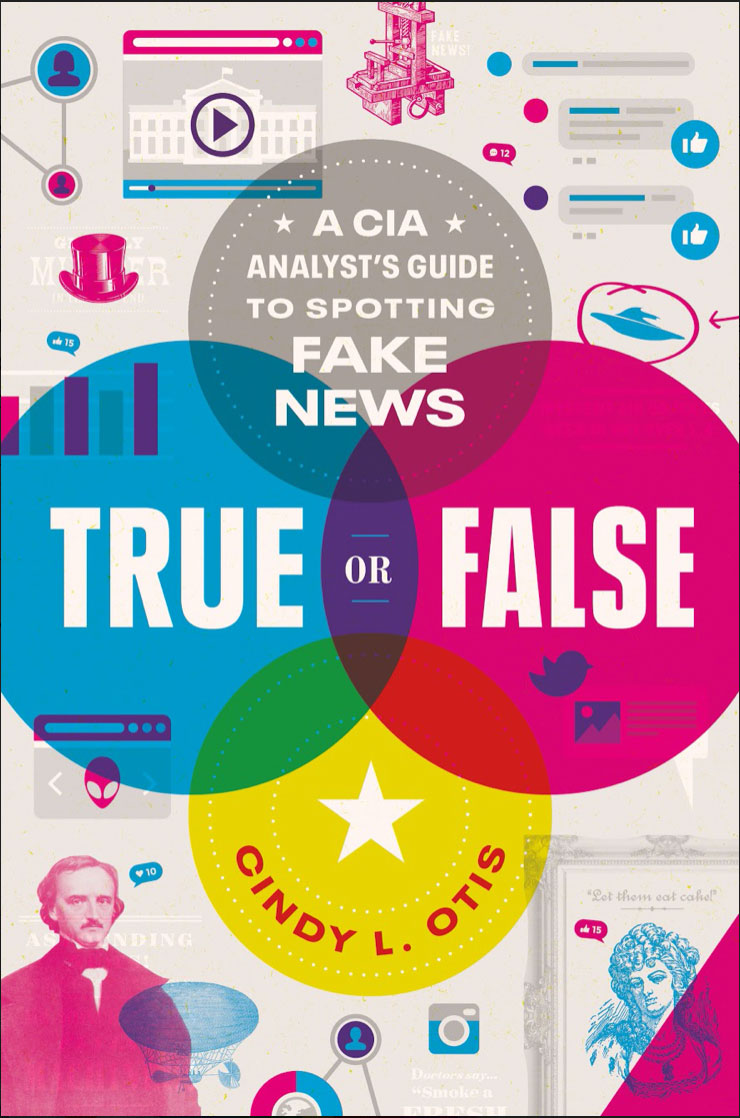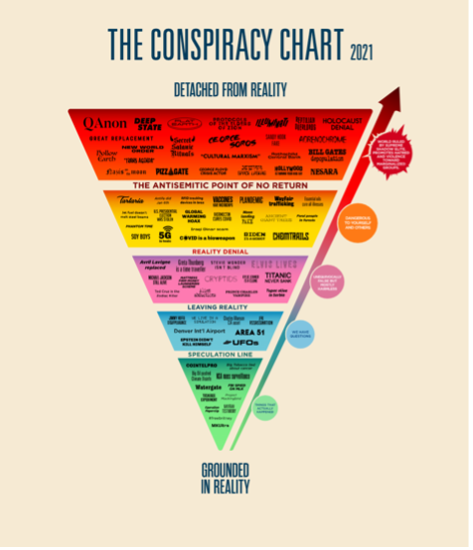Articles
Kids spend between 6 to 9 hours online daily, excluding the time they spend online...
Lambert discusses the process and practice of becoming critical thinkers, necessary skepticism for media consumers...
Fake news and critical literacy in the digital age: sharing responsibility and addressing challenges
How can we tackle the ongoing challenge of so-called ‘fake news’? Gianfranco Polizzi, PhD Researcher...
- 1
- 2
Articles
Lambert discusses the process and practice of becoming critical thinkers, necessary skepticism for media consumers, and principles and actions to assist tweens and teens in better detecting falsehoods...
Most false content circulating online is shared by real people who don’t know it’s false. So real people like you are the key to solving this problem. In this article, former CIA Analyst Cindy L. Otis shares tips to avoid falling for falsehoods...
The Conspiracy Chart organizes conspiracy theories threat level and link to reality. The chart, developed by Abbie Richards, a science researcher and disinformation and misinformation expert, has gone viral bringing widespread exposure to harmful conspiracy theories...
Fake news and critical literacy in the digital age: sharing responsibility and addressing challenges
How can we tackle the ongoing challenge of so-called ‘fake news’? Gianfranco Polizzi, PhD Researcher in the Department of Media at Communications at LSE, argues that we all have a responsibility to learn critical literacy to help us better to evaluate information, both on- and...
Kids spend between 6 to 9 hours online daily, excluding the time they spend online during the school day. Unfortunately, harmful content persists on social media, including falsehoods that can lead to targeted violence. As of 2021, only two states require media literacy courses in...
Disclaimer
H2i does not receive any profit from recommendations.





